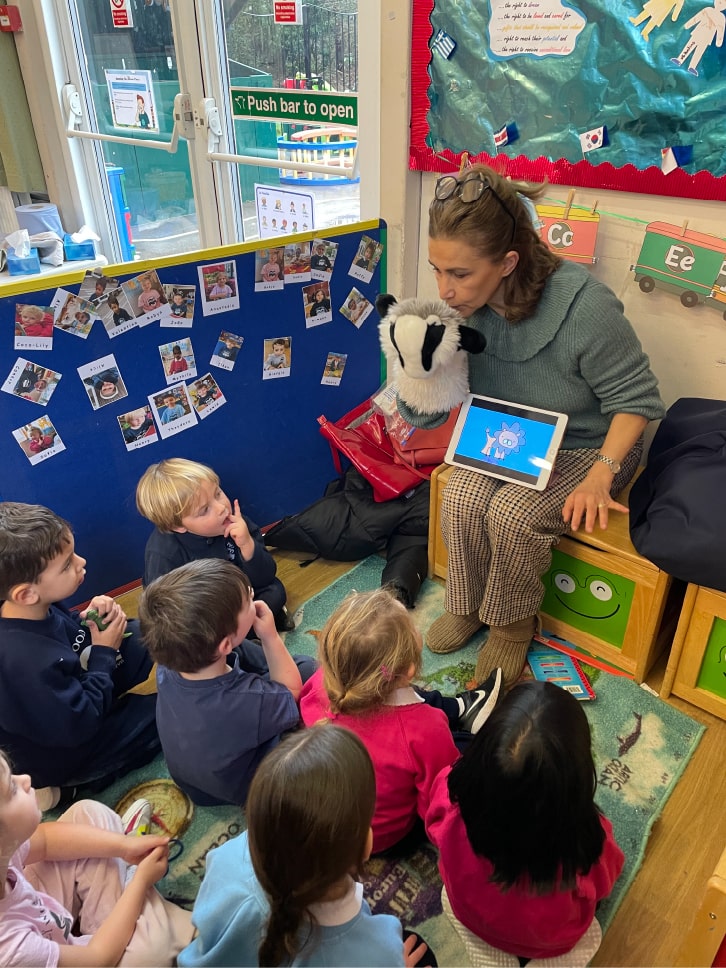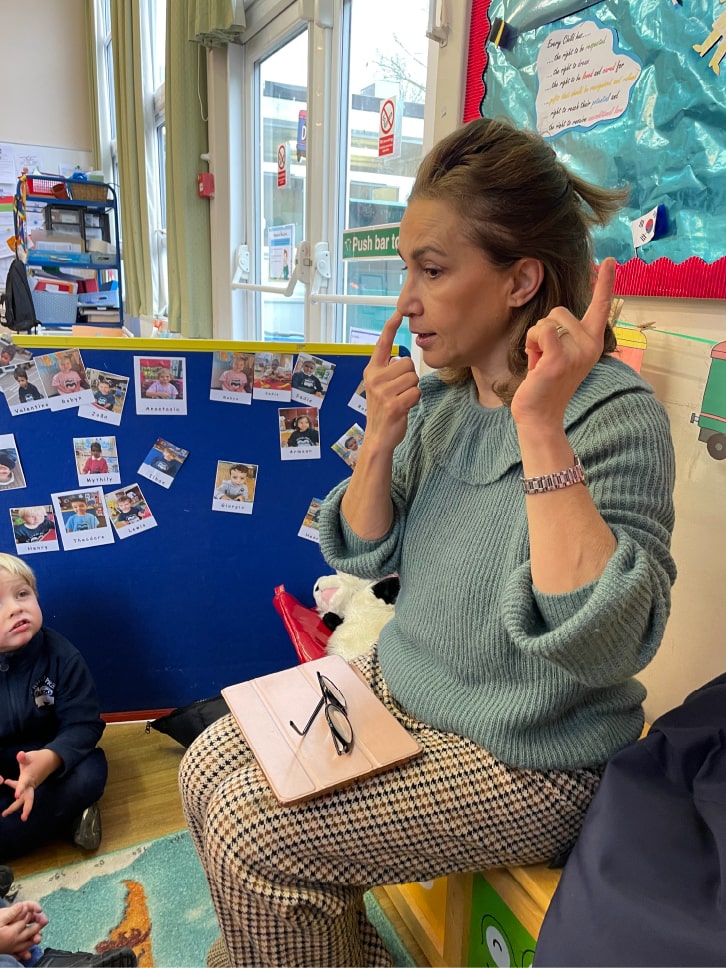Our Curriculum
“Play is not only our creative drive, it’s a fundamental mode of learning”
-David Elkind-
Understanding the EYFS Curriculum 0-5 years
“The manager and staff deliver an ambitious curriculum, which is carefully sequenced to build on children’s learning.”
-Ofsted-
Play is an innate and intrinsic way of using imagination or resources to create, explore and extend ideas, creating a foundation of learning through different means which will prepare and support your children throughout their lives. Research has proven that play is conducive to enhancing intellectual, physical, and social-emotional development, three core areas now embedded within the Early Years Statutory Framework (EYFS) as defined by the Department for Education (2024).
HWPP delivers the statutory Early Years Foundation Stage curriculum to all our children aged 2-5 alongside Birth to 5 Matters. The framework has been devised to ensure all children receive approved and regulated childcare, as well as a stimulating learning curriculum.
The curriculum is embedded with four guiding principles:
- A Unique Child - reflecting equality from birth; a child who grows and develops to be self-assured and resilient.
- Positive Relationships – children learn to be strong and independent learners from a base of loving and secure relationships with parents and/or a key person.
- Enabling Environments – play a pivotal role in supporting and extending children’s development and learning with the support of both parents and practitioners centered around their own individual needs.
- Learning and Development – children are not prescriptive; they learn and develop in different ways and at different rates.
The EYFS encompasses 7 areas of learning where all areas of learning and development are important and interconnected. However, there are 3 key areas which are fundamental for igniting children’s curiosity and enthusiasm for learning. These act as a catalyst for building children’s capacity to learn, engage with others and above all thrive:
1. Communication and Language
Promotes children’s ability to express themselves engaging in a rich language environment developing their confidence and communication skills to speak and listen in a range of ways.
2. Physical Development
Lays the foundation for a healthy lifestyle, encouraging children to be active and interactive. This element develops their co-ordination, control and movement as well as their concentration. Emphasis is placed upon eating a healthy diet and the importance of physical exercise. (We have gained our silver award with Healthy Early Years London which demonstrates our commitment to supporting and motivating children and families to lead a healthy lifestyle).
3. Personal, Social and Emotional Development
Inspires children to develop a positive sense of themselves and others. They learn and develop respect for others whilst forming positive relationships. This enhances their social skills as they learn to manage their feelings, understand behavioural expectations and gain confidence in their own abilities.
These areas are supported by a further 4 specific areas:
4. Literacy
Encourages children link sounds and letters and to begin to read and write. Children are given access to a wide range of reading materials to ignite their interest, such as books, poems and other written materials. (We run our own HWPP library where children enjoy choosing and taking books home for parents to read and return. This also gives them a sense of independence and a love of books from an early age).
Staff have a high regard to support children’s mathematical development.
Children develop their language and literacy skills well.
5. Mathematics
Involves providing children with opportunities to develop and improve their skills in counting, understanding and using numbers, calculating simple addition and subtraction problems; and to describe shapes, spaces and measures.
6. Understanding the World
Involves guiding children to make sense of their physical world and their community through opportunities to explore, observe and find out about people, places, technology and the environment.
7. Expressive Arts and Design
Involves enabling children to explore and play with a wide range of media and materials, as well as providing opportunities and encouragement for sharing their thoughts, ideas and feelings through a variety of activities in art, music, movement, dance, role-play and design and technology.
For further information on the EYFS please click on the link:



